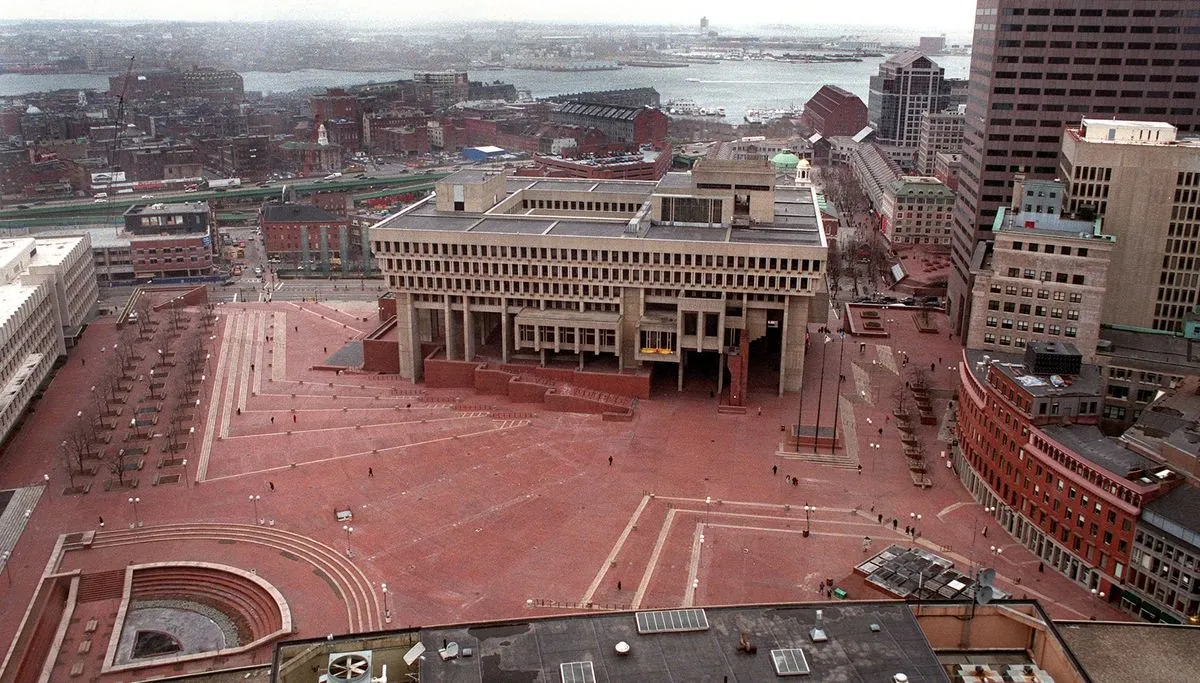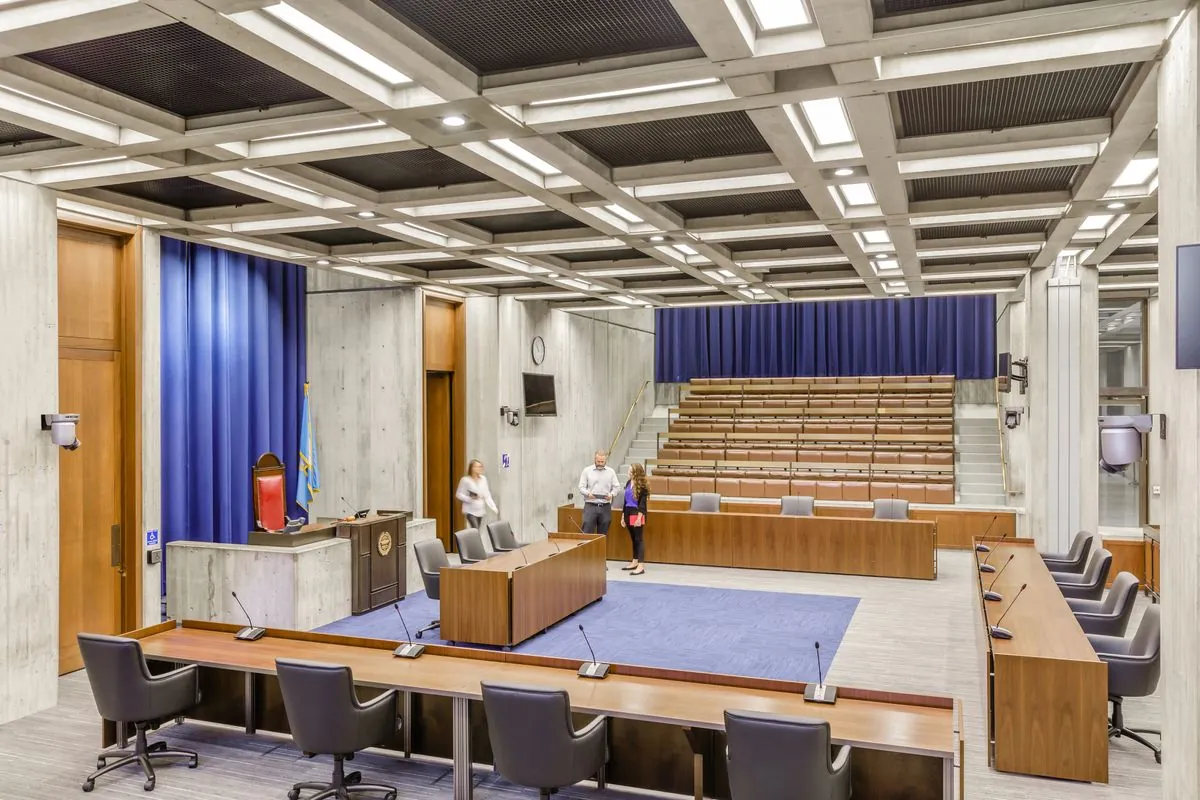Satanic Temple Loses Appeal in Boston City Council Prayer Dispute
Federal court rejects Satanic Temple's challenge to Boston's council prayer practice, finding no religious discrimination. The ruling upholds the city's long-standing invocation custom.

The Satanic Temple has faced a setback in its legal battle against the city of Boston. A federal appeals court has dismissed the organization's challenge to the city council's long-standing practice of inviting religious leaders to deliver invocations at the start of meetings.
The 1st U.S. Circuit Court of Appeals ruled that the Satanic Temple failed to demonstrate religious discrimination in the selection of speakers. Judge Sandra Lynch noted that councilors invited speakers based on their contributions to the local community rather than their religious affiliations.
This custom, dating back to the 1800s, allows Boston city councilors to invite members of the public, often clergy, to speak before weekly meetings. The practice has been a point of contention since 2016 when the Satanic Temple first sought to participate.

Founded in 2013, the Satanic Temple describes itself as the primary religious Satanic organization globally, with over 270,000 members nationwide. The group, based in Salem, Massachusetts, supports various causes, including abortion access and LGBTQ rights.
In 2021, the Satanic Temple filed a lawsuit, arguing that the council's practice violated the First Amendment's Establishment Clause. This constitutional provision prohibits the government from making laws respecting an establishment of religion.
The court's decision highlighted that speakers of various faiths had been invited based on their community work. Judge Lynch cautioned that future practices favoring religious majorities could potentially be deemed unconstitutional.
"This ruling is a gift to every would-be theocrat throughout the United States."
The Satanic Temple's legal representative indicated they are considering further appellate options.
It's worth noting that before the Satanic Temple's request in 2016, the invited speakers over a one-year period were 94% Christian and 6% Jewish. The organization has made repeated attempts since then to secure an invitation, including approaching Michelle Wu, who is now Boston's Democratic mayor.
In a related development, the Satanic Temple hosted a gathering called SatanCon in Boston last year, attracting approximately 800 attendees. This event underscores the organization's growing presence and activities in the region.
As this legal battle unfolds, it continues to raise questions about the intersection of religious freedom, local governance, and constitutional interpretation in the United States.


































